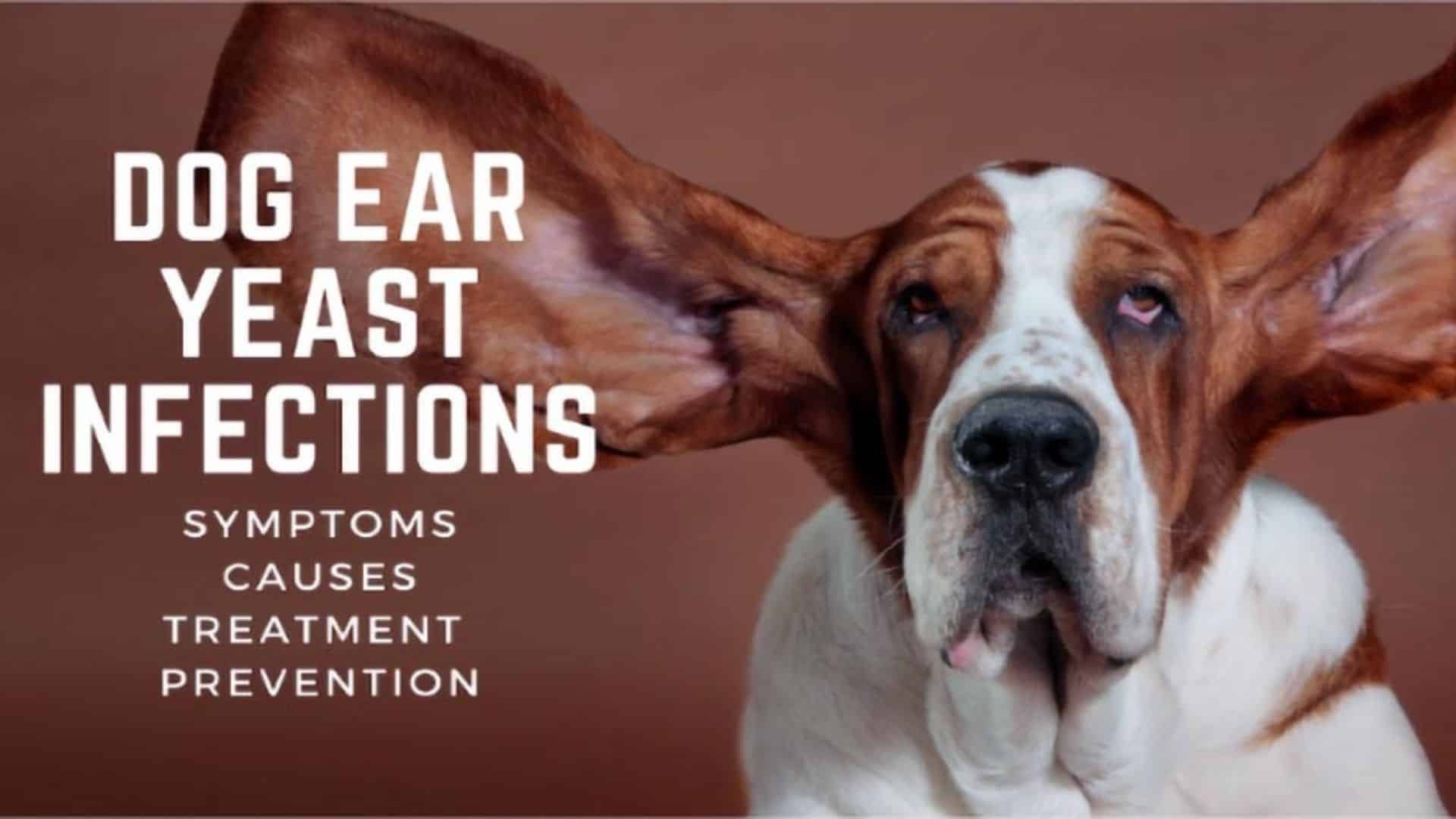What Causes Ear Infection On Dogs
Ear infections in dogs and cats are a common problem that can greatly affect the health and well-being of our furry friends. This issue can be caused by a variety of factors, including yeast, bacteria, allergies, and even parasites. In this article, we’ll explore the symptoms, causes, treatments, and prevention measures for ear infections in pets.
Symptoms of Ear Infections in Dogs and Cats

Ear infections in dogs and cats can present with a variety of symptoms, including:
- Head shaking
- Excessive itching or scratching at the ears
- Discharge from the ears (which may be brown or yellow)
- Foul odor emanating from the ears
- Pain or sensitivity when the ears are touched or rubbed
- Redness or swelling in the ear canal
If you notice any of these symptoms in your pet, it’s important to schedule a vet visit right away.
Causes of Ear Infections in Dogs and Cats

There are many factors that can contribute to the development of ear infections in dogs and cats. These include:
- Yeast infections
- Bacterial infections
- Allergies
- Parasites (such as ear mites)
- Injury or trauma to the ears
- Foreign objects lodged in the ear canal
In order to treat an ear infection in your pet, it’s important to determine the root cause of the issue. Your vet may need to perform a physical examination, take a sample of ear discharge for testing, or even perform imaging tests to fully diagnose the problem.
Treatments for Ear Infections in Dogs and Cats
The treatments for ear infections in pets will vary depending on the underlying cause of the issue. In general, however, most treatments will involve the use of medications such as:
- Antibiotics to treat bacterial infections
- Antifungal medication to treat yeast infections
- Ear drops or ointments to ease inflammation and pain
In addition to medication, your vet may also recommend cleaning or flushing the affected ear to remove debris and reduce inflammation. They may provide you with instructions for how to perform these procedures at home. You should always follow your vet’s recommendations and never attempt to clean or medicate your pet’s ears without their guidance.
Prevention Measures for Ear Infections in Dogs and Cats
While some pets may be more prone to ear infections than others, there are steps you can take to reduce the risk of this issue occurring. These include:
- Regularly cleaning and grooming your pet’s ears
- Drying your pet’s ears thoroughly after bathing or swimming
- Maintaining good hygiene practices to prevent the spread of bacteria and yeast
- Keeping your pet’s ears protected from injury or trauma
- Treating any underlying allergies or health issues that may contribute to ear infections
By taking these prevention measures, you can give your pet the best possible chance of avoiding ear infections and other related health issues.
In conclusion, ear infections are a common problem in dogs and cats, but they can be treated and prevented with the right care and attention. Be sure to monitor your pet for signs of this issue and seek veterinary care if necessary. With a little effort, you can keep your pet’s ears healthy and happy for years to come.